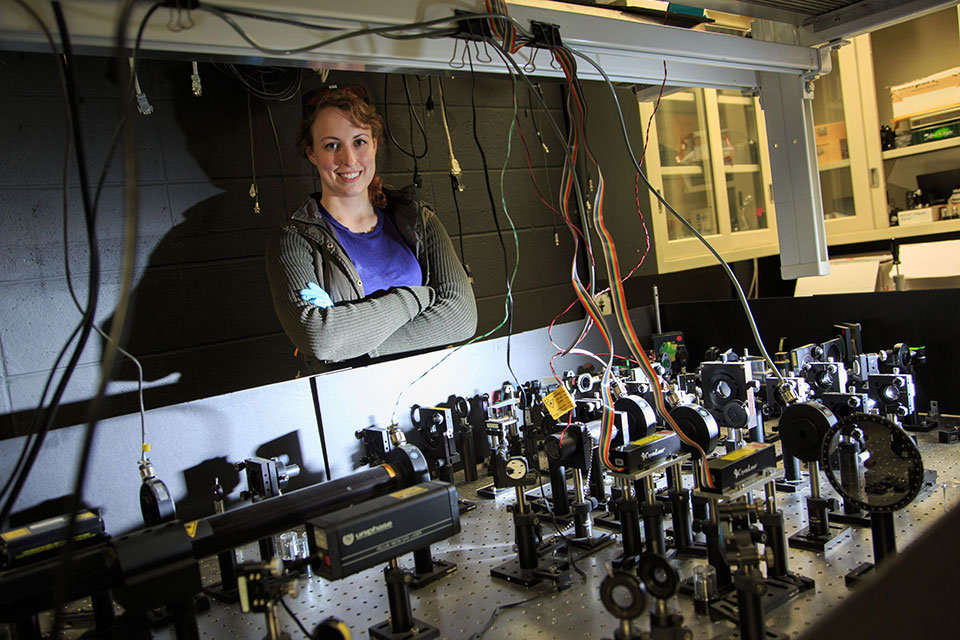Interdisciplinary Education Resources

Establishing and running a graduate program that spans the disciplines of life and physical sciences presents unusual challenges.
Part of the mission of the Brandeis QB program is to make available to interdisciplinary programs at other institutions the pedagogical techniques and educational materials that we have developed at Brandeis.
The following resources are currently available:
HHMI Interfaces Scholar Award Lectures
Cori Posner (2023)
Willem Laursen (2021)
Timothy Wiggin (2020)
Shashank Shekar (2018)
Steve Del Signore (2017)
Charlotte Kelley (2016)
- All bent out of shape! How cells control membrane curvature (part 1) (pdf)
- All bent out of shape! How cells control membrane curvature (part 2) (pdf)
Axel Brilot (2014)
- Bridging Structure and Evolution (pdf)
- An Introduction to electron cryo-microscopy, and how I cold nuked my sample into insights about ribosome function (pdf)
Kyle Harrington (2014)
Alexandra Deaconescu (2013)
- "Seeing" Biological Polymers with X-Rays in Solution Part I (pdf)
- "Seeing" Biological Polymers with X-Rays in Solution Part II (pdf)
Jeffrey Boucher (2012)
Adelajda Zorba (2011)
- Origin and progression of HIV-1 (pdf)
- The structural biology of HIV-1 assembly (pdf)
- Tutorial on semi-automatic assignment of ubiquitin via NMRViewJ (pdf)
Ed Barry (2010)
David Santucci (2009)
- A brief history of the synapse (pdf)
- Molecules in Space: Diffusible signals in the synapse (pdf)
- The Time Machine: Transforming molecular signals into long-lasting synaptic change (pdf)
James Chen (2008)
- Single-Particle Electron Microscopy (pdf)
- Data Analysis and Model Reconstruction (pdf)
- EM Structural Analysis (pdf)
David Biron (2007)
- What is C. elegans? What are its navigational strategies? (pdf)
- Plasticity on two different scales: On what scale is information processed? (pdf)
- Thermotactic behavior depends on the previous cultivation temperature and on the ambient temperature (pdf)
Radhika Subramanian (2007)
- Force as a variable to study biological reactions (pdf)
- Force as a variable to study unfolding reactions (pdf)
- Molecular motors and mechanochemistry (pdf)
Quantitative Biology Virtual Experiments
Quantitative Biology Virtual Experiments are encrypted Matlab p-code files that simulate performing an quantitative experiment on a wide range of biological systems. The programs are designed so that students can adjust the experimental parameters, perform "experiments" by running the programs, and then analyze the data produced. The goal is for the students to see if they can infer the mechanism of the biological process that is hidden in the encrypted program. The programs were written by a variety of Brandeis faculty members and were a central part of some recent QB Boot Camps.